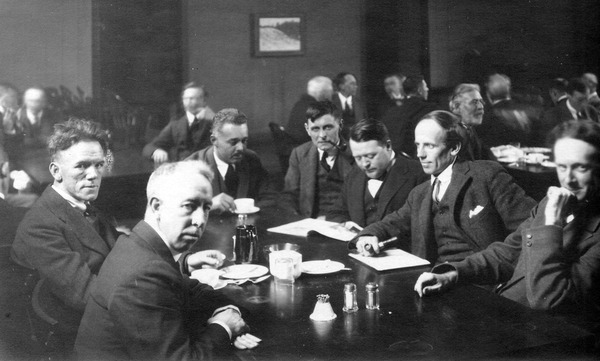Cultural Nationalism

Source: Courtesy of Wikimedia Commons
Introduction
For Thomas D’Arcy McGEE, who was a poet as well as a politician, confederation could create a distinct Canadian identity, which would combine British order with American liberty and draw on the best characteristics of the different groups who made up the country. In 1857 he set out his vision for a “new nationality” in a federal Canada:
“McGee’s concept of the ‘new nationality’ was based on the desirability of developing an alternate experience in North America to that of the United States. An essential characteristic of Canada’s experience was its relationship with Great Britain, and McGee’s solution to the problem of retaining the connection between them yet providing for Canadian sovereignty was a proposal that one of Queen Victoria’s younger sons establish a Canadian dynasty in a ‘kingdom of the St. Lawrence.’ Equally important in McGee’s mind was the development of a distinctive Canadian literature. After asking, ‘Who reads a Canadian book?’ he went on to suggest ways in which Canadian literature might be encouraged, including tariff protection for Canadian publishers. Much of McGee’s Canadian programme was derived from the nationalist theories of Young Ireland, and he applied them to the particular circumstances of Montreal and British North America during the economic depression of 1857. Later he described his programme as his ‘national policy,’ and its tenets influenced the course of his public life in Canada.”
For more information on the various ideas for a national Canadian culture in the pre-confederation period, see the following biographies.





